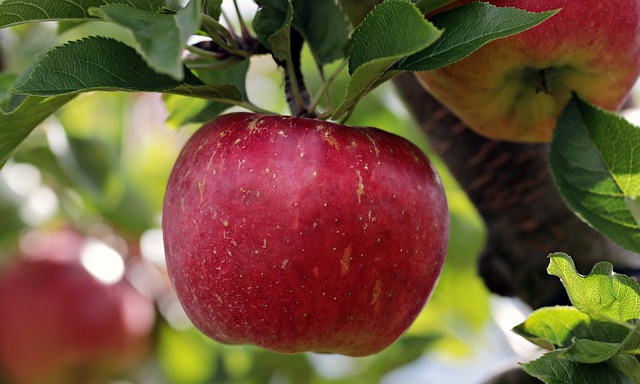Probiotics and Digestive Issues: Natural Ways to Minimize Symptoms and Improve Digestion
Are you struggling with digestive issues like bloating, constipation, diarrhea, or stomach pain? You are not alone. Millions of people suffer from digestive problems, but the good news is that there are natural ways to improve your digestion and minimize symptoms. One of the most effective natural remedies for digestive issues is the use of probiotics.
What are probiotics?
Probiotics are live bacteria and yeasts that are good for your health, especially your digestive system. They are often referred to as “good” or “friendly” bacteria because they help keep your gut healthy by restoring the natural balance of beneficial bacteria in your digestive tract. Probiotics are naturally found in some foods and supplements.
How do probiotics work?
Probiotics work by restoring the natural balance of bacteria in your gut. Your digestive tract is home to trillions of bacteria, both good and bad. The good bacteria help break down food, absorb nutrients, and fight off bad bacteria that can cause infection and inflammation. When the balance of good and bad bacteria is disrupted, it can lead to digestive issues and other health problems.
Probiotics help restore the balance of good bacteria in your gut by colonizing your digestive tract with beneficial bacteria. This can improve digestion, boost immunity, and reduce inflammation in the gut.
What are the benefits of probiotics?
The benefits of probiotics go far beyond just improving digestion. Research has shown that probiotics can help:
- Boost immunity
- Reduce inflammation in the gut
- Improve mental health
- Reduce the risk of certain diseases
- Lower cholesterol levels
- Improve skin health
Probiotics are also effective in managing digestive issues. They have been shown to improve symptoms of:
- Bloating
- Constipation
- Diarrhea
- Abdominal pain
- Irritable bowel syndrome (IBS)
- Crohn’s disease
- Ulcerative colitis
How to get probiotics?
You can get probiotics from a variety of sources including:
- Fermented foods like yogurt, kefir, sauerkraut, and kimchi
- Probiotic supplements
- Some dairy-based products like cheese or milk
When choosing a probiotic supplement, it’s important to look for one that contains a variety of strains of beneficial bacteria. The potency of the supplement is also important as some supplements may contain very few live bacteria.
Prebiotics vs. Probiotics
Prebiotics are non-digestible fibers that are found in some foods such as fruits, vegetables, and whole grains. They are often referred to as food for the good bacteria in your gut. Prebiotics help the good bacteria grow and thrive in your digestive system.
Probiotics and prebiotics work together to improve digestion and overall health. While probiotics provide the beneficial bacteria that help balance the gut, prebiotics provide the food that helps the good bacteria grow and thrive.
Conclusion
Probiotics are a natural and effective way to manage digestive issues and improve overall health. They work by restoring the natural balance of good bacteria in the gut, which can improve digestion, boost immunity, and reduce inflammation. You can get probiotics from fermented foods or supplements. It’s important to choose a supplement that contains a variety of strains of beneficial bacteria and is potent enough to be effective.
Adding prebiotic-rich foods to your diet can also help support the growth of beneficial bacteria in your digestive system. Together, probiotics and prebiotics can help you maintain a healthy gut and improve overall health.







